detail profile imre csuja

Imre Csuja
Csuja Imre
atau dikenal sebagai
Riwayat Hidup
Csuja Imre (Hajdúnánás, 1960.
július 11.
–) Jászai Mari-díjas színművész, érdemes művész.
Több mint 800 filmnek kölcsönözte hangját.
Beceneve: "Csujus".
1984-ben végezte el a Színház- és Filmművészeti Főiskolát Simon Zsuzsa osztályában, majd a Pécsi Nemzeti Színházhoz került.
1987-ben a debreceni Csokonai Színházhoz szerződött, 1989-ben az egri Gárdonyi Géza Színház tagja lett.
1990-től az Arany János Színházban töltött négy évet, majd szabadfoglalkozású művészként lépett színpadra.
2004-ben leszerződött az Örkény István Színházhoz.
Színpadi kedvencei a görög klasszikusok, és Shakespeare művei.
A kortárs magyar film egyik sokat foglalkoztatott művésze, a mai magyar valóságra jellemző ismerős, kicsit a periférián mozgó embertípusok egyik első számú megformálója.
Forrás: Wikipédia
Info Pribadi
Peran Yang Di Mainkan Imre Csuja
 After the death of her husband...
After the death of her husband...Gone Running 2024
After the death of her husband, a mother decides to fulfill his last wish and runs the marathon in relays with her daughters. A small problem is that none of them are physically and mentally prepared for running. Furthermore, the relatives and friends are also unexpectedly affected by the women's seemingly impossible challenge.
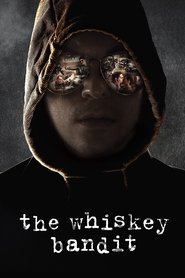 Between 1993 and 1999 one man robbed 29 financial...
Between 1993 and 1999 one man robbed 29 financial...The Whiskey Bandit 2017
Between 1993 and 1999, one man robbed 29 financial institutions in Budapest. Banks, post offices and even travel agencies fell victim to his crime spree. The police had no leads and no hope of finding him during his six-year stint. The only clue left behind at the crime scenes was the distinct aroma of whiskey. The media christened him the “Whiskey Bandit”. Never physically harming anyone, many began to eagerly follow his escapades through the media. A Transylvanian immigrant, who also happened to be a goalie for one of the city's largest hockey teams, named Attila Ambrus, was finally identified as the “Whiskey Bandit”. The police had finally captured him... or so they thought.
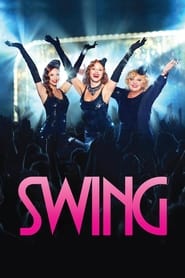 Three women from three generations are...
Three women from three generations are...Swing 2014
Three women from three generations are forced together, mentored by an old diva and a transvestite, to form a band. They are successful on stage, but off of it they are not getting along at all.
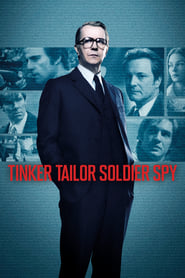 In the bleak days of the...
In the bleak days of the...Tinker Tailor Soldier Spy 2011
In the bleak days of the Cold War, espionage veteran George Smiley is forced from semi-retirement to uncover a Soviet mole within his former colleagues at the heart of MI6.
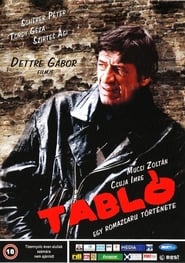 Karcsi a Roma policeman lives with...
Karcsi a Roma policeman lives with...Tabló 2008
Karcsi, a Roma policeman, lives with Eva, a Swede. One day he is called to the scene of the murder of a wealthy trafficker named Schulter. He begins to investigate the crime, interrogate neighbours and suspects, and untangle a complex situation - one that he, himself, complicates even further. For he is a gypsy, who despite being adopted and raised by "regular" Hungarians, has his nose rubbed in his minority status every day. The film, which is based on the novel by Ákos Kertész, is a shrewd genre work full of dusky humour and surreal situations. Tabló follows a vivid succession of strange images that eventually lead to the emergence of the central story about a charismatic police officer on a tireless quest for the truth, though he must fight against virtually everyone and is just as fallible as the next person. Tabló makes a statement on the issue of race and racism - or, indeed, relations between any minority and majority.
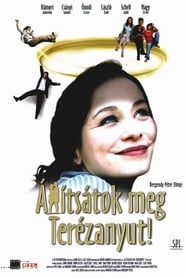 Kata in her 20s loses her...
Kata in her 20s loses her...Stop Mom Theresa! 2004
Kata, in her 20s, loses her boyfriend and her job on the same day. She's been indulging in fantasies of a more thrilling romantic life, and the cold water of being alone and unemployed doesn't entirely dampen her imagination. She's egged on by three girlfriends who get together to talk about men and sex. Kata has possibilities: she meets David, a medical student; there's Tamás, a stranger on a train who might be good for a relationship and a job. There's also Miki, her brother who's had serious drug problems. Is fulfillment within her grasp?
 A Hungarian historical movie that tells...
A Hungarian historical movie that tells...Hungarian Vagabond 2004
A Hungarian historical movie that tells the story of the Hungarian ancestors, the seven leaders, who are looking for their new homeland in the last years of the 9th century. Before they leave their original home in Asia, they have a farewell party. They wake up with a severe hangover after consuming large quantities of kumis. The seven leaders wake up to find that their people have disappeared.
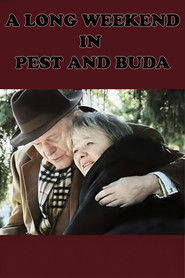 Ivn is living in exile from...
Ivn is living in exile from...A Long Weekend in Pest and Buda 2003
Iván is living in exile from Hungary when he receives word that an old flame is ill. His return to Budapest rekindles old memories and reopens old wounds.
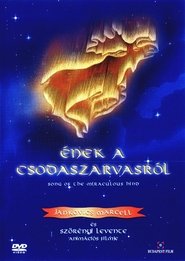 Divided into four sections Song is...
Divided into four sections Song is...Song of the Miraculous Hind 2002
Divided into four sections, "Song" is inspired by the Siberian and Finno-Ugric legends about Creation, in which the world begins with characters who are only half-human, one being half-bird, the other half-bear. The narrator delves into the origins of Hungarian culture, the Iranian and Turkish influences that impacted the society, and finally the story of Stephen, the emperor who brought Christianity to the country and shifted the capital west in an attempt to link with Europe.
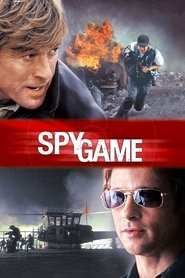 On the day of his retirement...
On the day of his retirement...Spy Game 2001
On the day of his retirement, a veteran CIA agent learns that his former protégé has been arrested in China, is sentenced to die the next morning in Beijing, and that the CIA is considering letting that happen to avoid an international scandal.
 This film tells the story of...
This film tells the story of...Glass Tiger 2001
This film tells the story of a few uneventful days in the life of six pals. Lali, a great fan of America, owns a sandwich stand on the side of the road, called The Glass Tiger. Gaben pinches cars; Fox is a petty swindler; Sanyi a half-wit homeless; Coco can't shut up about getting some dough and going to America; Slimmy keeps playing the saxophone, despite the others' frayed nerves. Gaben talks Lali into buying an old Chevrolet Impala, the real American dream. After the long escapade of getting the car, Lali doesn't even get the chance to try the Chevvy out, because a truck completely demolishes it. Fox in the meantime is looking excitedly for the "Wreck", what he has been trying to sell for big money. But Lali has sold what he thought to be scrap, not good for anything. Fox is threatened by some tough guys to bring it back or pay up. He has to get money at all costs...
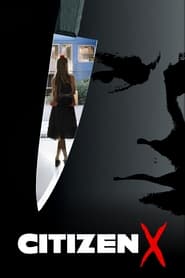 Based on the true story of...
Based on the true story of...Citizen X 1995
Based on the true story of a Russian serial killer who, over many years, claimed victim to over 50 people. His victims were mostly under the age of 17. In what was then a communists state, the police investigations were hampered by bureaucracy, incompetence and those in power. The story is told from the viewpoint of the detective in charge of the case.
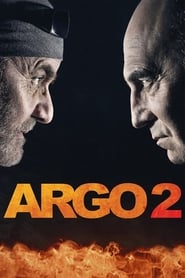
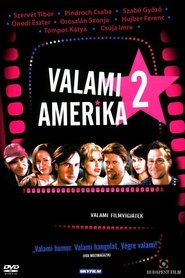 The three brothers Akos Tamas and...
The three brothers Akos Tamas and...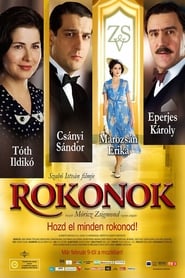 Young honest public official is sworn...
Young honest public official is sworn...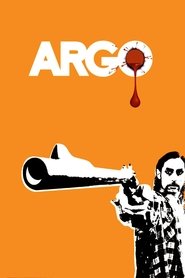 The crew of Tibi Balogh sets...
The crew of Tibi Balogh sets...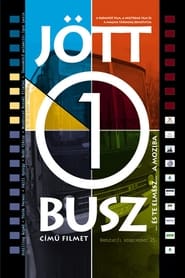
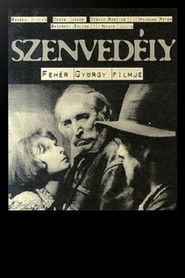 A woman and her lover plot...
A woman and her lover plot...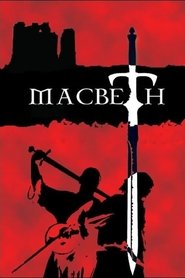 In this powerful film the renowned...
In this powerful film the renowned...